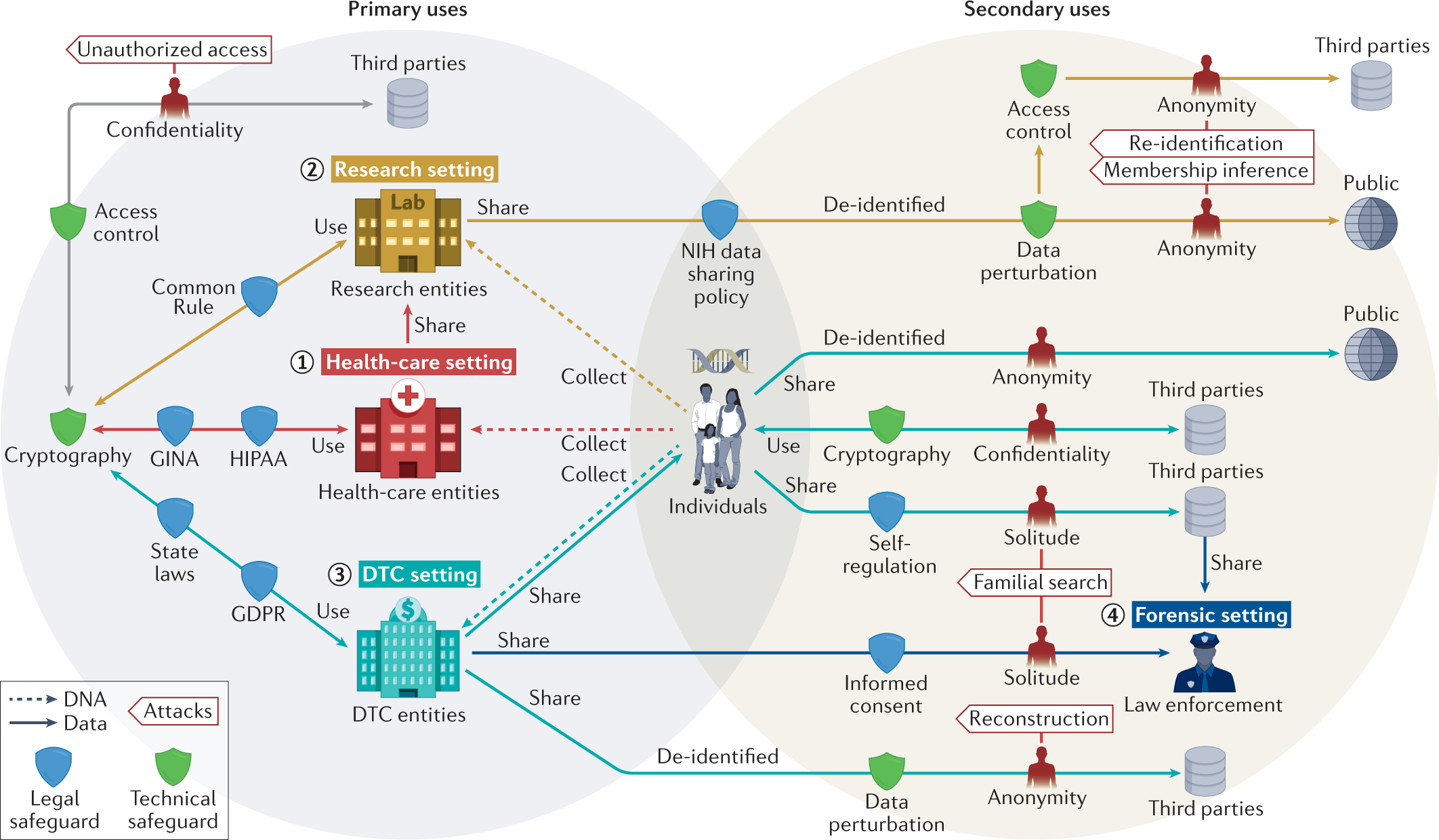Virtual Justice: Navigating Remote Court Proceedings

Virtual Justice: Navigating Remote Court Proceedings
The Evolution of Court Proceedings
The landscape of court proceedings has undergone a transformative shift with the advent of remote technologies. Enabled by advancements in digital communication, virtual court proceedings have become a viable alternative to traditional in-person hearings. This evolution has been accelerated by various factors, including the need for continuity during unforeseen circumstances, increased accessibility, and the integration of technology into the legal system.
Embracing Technology for Accessibility
One of the primary advantages of remote court proceedings is the enhanced accessibility it provides. Individuals who may face geographical constraints, mobility issues, or other challenges can now participate in legal processes without the need for physical presence. This inclusivity fosters a justice system that is more accessible and accommodates a diverse range of individuals, promoting equal participation in legal proceedings.
Operational Continuity During Uncertain Times
The global landscape has seen its share of uncertainties, from public health crises to natural disasters. Remote court proceedings offer a resilient solution to ensure the continuity of legal processes during such challenging times. Courts can function effectively, allowing cases to progress without significant disruptions, safeguarding the interests of litigants and maintaining the rule of law.
Technological Infrastructure and Security Considerations
Implementing remote court proceedings requires a robust technological infrastructure to support seamless communication and interaction. Courts must consider the security aspects of the chosen platforms to protect the confidentiality and integrity of legal proceedings. Encryption, secure video conferencing tools, and stringent access controls are integral components to ensure a secure virtual courtroom environment.
Legal Frameworks Adapting to Change
The integration of remote court proceedings prompts a reevaluation of legal frameworks. Courts and legal systems must adapt existing rules and procedures to accommodate virtual hearings. This includes addressing issues related to evidence submission, witness testimony, and maintaining the standards of a fair and impartial trial. Legal professionals play a crucial role in navigating these adaptations while upholding the principles of justice.
Challenges in Virtual Adjudication
While remote court proceedings offer numerous benefits, they also present challenges. Technical glitches, connectivity issues, and the potential for distractions in participants’ environments are aspects that need careful consideration. Addressing these challenges requires a combination of technological enhancements, clear procedural guidelines, and ongoing training for all stakeholders involved in the legal process.
Remote Court Proceedings: A Catalyst for Innovation
The shift to remote court proceedings serves as a catalyst for innovation in the legal sector. Courts are exploring and adopting new technologies that enhance case management, streamline administrative processes, and improve the overall efficiency of legal proceedings. This innovation not only responds to immediate challenges but also sets the stage for a modernized and technology-driven legal landscape.
Adapting Legal Education to Virtual Platforms
As the legal profession embraces virtual court proceedings, legal education must adapt accordingly. Law schools and institutions are incorporating virtual courtroom simulations, online legal research tools, and interactive learning platforms to prepare aspiring lawyers for the evolving nature of legal practice. This shift ensures that legal professionals are well-equipped with the skills needed in a technology-driven legal environment.
Remote Court Proceedings: Balancing Convenience and Due Process
Balancing the convenience of remote court proceedings with the preservation of due process is a critical consideration. Courts must strike a harmonious balance that allows for the benefits of virtual hearings while upholding the principles of fairness, transparency, and the right to a fair trial. This delicate equilibrium ensures that the advantages of remote proceedings do not compromise the integrity of the justice system.
Looking Ahead: Hybrid Models and Future Trends
The future of court proceedings likely involves hybrid models that combine elements of both in-person and remote hearings. This flexibility accommodates the diverse needs of litigants and legal professionals. Additionally, emerging technologies such as augmented reality (AR) and artificial intelligence (AI) may play a role in further enhancing the efficiency and capabilities of virtual court proceedings.
Conclusion: Redefining Legal Practice in a Virtual Era
Virtual justice, through remote court proceedings, has redefined the landscape of legal practice. As courts continue to navigate the challenges and opportunities presented by technology, the legal profession stands at the forefront of a digital transformation. By embracing innovation, adapting legal frameworks, and ensuring the seamless integration of technology, the legal system can thrive in an era where virtual justice is a cornerstone of legal proceedings.
For those interested in exploring further insights on remote court proceedings, Remote court proceedings provide valuable resources and updates on the evolving landscape of virtual justice.











